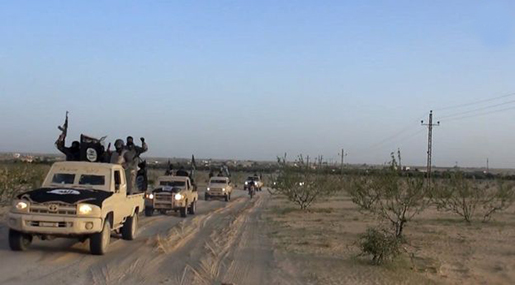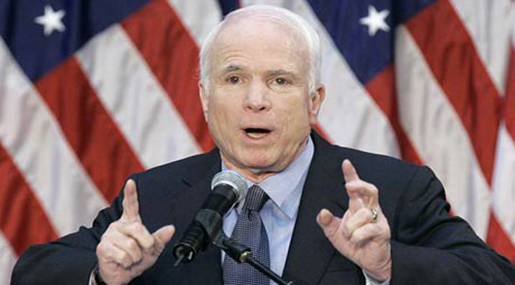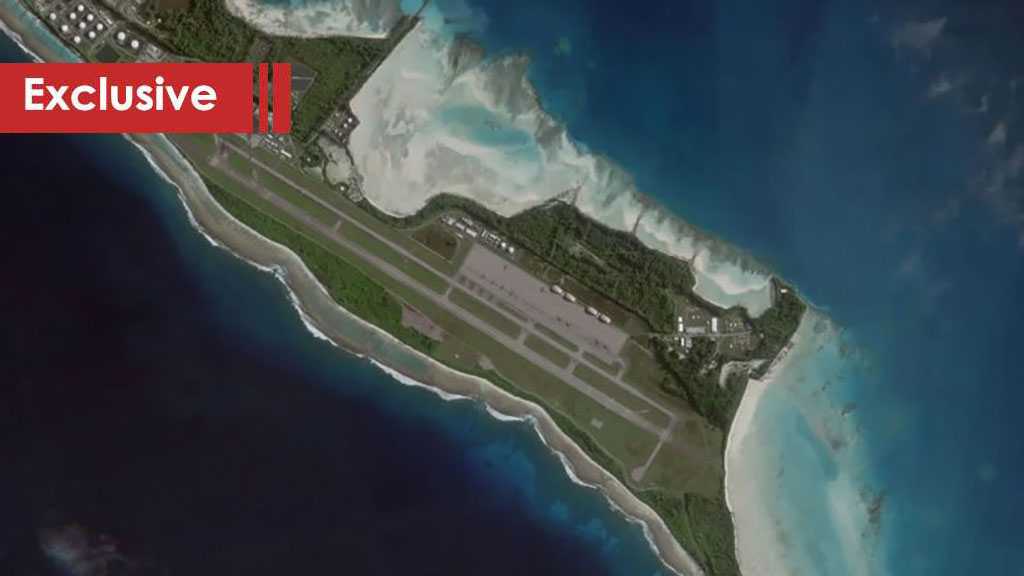Bambi...

Darko Lazar
Cuban-born Luis Posada Carriles, aka ‘Bambi', is currently a resident in the US city of Miami, where he is comfortably living out the remainder of his life. Aged 87, the long-time CIA operative may not look like much, but his accolades in terrorist activity span across entire Latin America; none more famous than the bombing of the Cuban airliner 455 in 1978, which killed 73 people.

According to declassified documents by US intelligence agencies and a conviction in absentia in a Panama court, Carriles masterminded the attack on the Cuban passenger jet. But after being briefly detained in the US state of Texas for ‘violating immigration laws', a US court ruled that Carriles could not be deported for fear of being tortured. Instead, he was set free.
Not surprising, perhaps, given the fact that he had been a valued asset of the CIA for decades.
One would imagine that men like Luis Posada Carriles, of which there is no shortage, probably had a few interesting ideas about what may have brought down a Russian passenger airliner over Egypt's Sinai Peninsula earlier this month, killing 224 people on board, including 25 children.
In the context of superpower rivalry and the new Cold War which is now vehemently underway, the Lockerbie styled bombing of Russia's Metrojet Airbus A321-200 that was en route from Sharm El Sheikh to St. Petersburg, serves the geopolitical aspirations of the West and their allies in the Middle East.
This is especially true when it comes to Russia's military intervention in Syria.
"One goal of the US alliance is to create the public fear in Russia of an 'Afghanistan', where Russia gets bogged down in a prolonged conflict and the costs outweigh the benefits," says the Director at the Centre for Syncretic Studies in Belgrade, Joaquin Flores.
As has often been claimed throughout the conflicts in Iraq, Syria and Libya, and was well documented [now available for public consumption] throughout the period of the Cold War between the US and the Soviet Union, terrorism is one of the most valuable assets in Washington's arsenal.
With the likes of Luis Posada Carriles on their payroll, the US intelligence community has a long history of targeting passenger planes for geopolitical interests.

The Daesh terror group, whose actions almost always seem to serve the very agendas of their ‘infidel' enemies in the West, scrambled to claim responsibility for the attack on the Russian airliner. Initially claiming to have brought down the plane with a surface-to-air missile, the group declared that the bombing of the passenger jet was a response to Russian airstrikes against terrorist positions in Syria.
The Daesh affiliate in the Sinai, which had yet to launch a large-scale attack against civilians, suddenly possessed the ability to carry out a major terrorist attack, which resulted in the worst aviation disaster in Russian history.
If one were to believe Western politicians, the downing of the Russian airliner in the Sinai by Daesh would certainly come as a surprise. According to powerbrokers in the West, Russian fighter jets in Syria are focusing their strikes on so-called ‘moderate armed groups', and not Daesh.
In late September, the warmongering US Republican senator John McCain told Fox News, "that we are now seeing an unleashing of Russian airpower to take out the Free Syrian Army."
During that interview, the Arizona senator also issued a stern threat to the Kremlin.
"I might do what we did in Afghanistan many years ago, to give those guys the ability to shoot down those [Russian] planes. That equipment is available," McCain said.

With the West's ‘regime change' policy in Syria now facing the prospect of imminent collapse - courtesy of a combined military effort by Moscow, Tehran, Damascus and Baghdad - options for Washington and its allies are narrowing by the day.
Flores opines that, "Russia was targeted, following direct threats by US senator McCain, because it is among a select group of countries, including Syria, Iraq and Iran, which are actually fighting Daesh."
Despite the tragic loss of life, the downing of the Russian plane is unlikely to sway policy makers at the Kremlin.
However, the events of November 1 are a sign of what is to come. After years of setbacks, Western foreign policy has run into its gravest challenge, especially in the Middle East.
The wars in Syria and Iraq now involve countries across the entire world that are engaged in what is shaping up to be a bloody fight.
Whether it is the bombings of commercial airliners, or suicide attacks on the streets of Beirut, Damascus or Baghdad, in its final gasp, the West's measures will likely become more extreme.
Source: al-Ahed News




